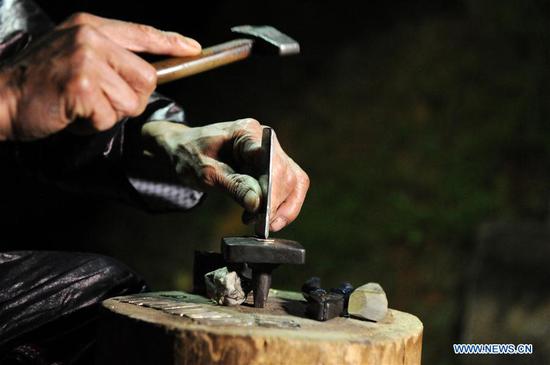Senior Chinese citizens are becoming more open-minded in regards to writing wills. In the last two months, about 7,500 Beijing seniors made an appointment at the China Will Registration Center, China Youth Daily reported on Oct. 17.
Some of them will have to wait for more than a year to register after this initial appointment.
Launched in 2013, the center now has branches in Beijing, Tianjin, Guangdong, Jiangsu, Guangxi, Shanghai, and Chongqing. By the end of 2017, it had offered a free consultation to more than 100,000 seniors and archived around 82,000 wills.
The center stated that the older people become, the harder it is for them to make a will due to worsening health. Between 2013 and 2017, about 64.05 percent of senior Chinese citizens failed to create a will because they were no longer capable of completing the necessary formalities independently.
For example, an 88-year-old grandma in Beijing, whose illness worsened after her first will was made in 2014, had almost lost her writing ability when she tried to amend her will three years later.
It seems that the younger generation are listening to the troubles of their elders, with figures showing that more people are writing wills earlier in life. The number of people aged 30 and over who have written a will has risen by 30 percent year-on-year, according to Li Zongyong, head of a notary office in Beijing.
Young white-collar workers in high-pressure jobs opt to write wills for fear that they might die due to stress, leaving their possessions disposed of improperly.
Other young people appoint their parents as beneficiaries, believing that leaving their possessions, such as houses, bank cards and money management contracts to their parents is better than bequeathing them to someone else.
The properties of young people are sometimes virtual, such as money locked up in Alipay or WeChat Pay accounts. According to the General Rules of the Civil Law of China, which came into force in October 2017, these are lawful personal properties of natural persons and can be lawfully inherited.


















































